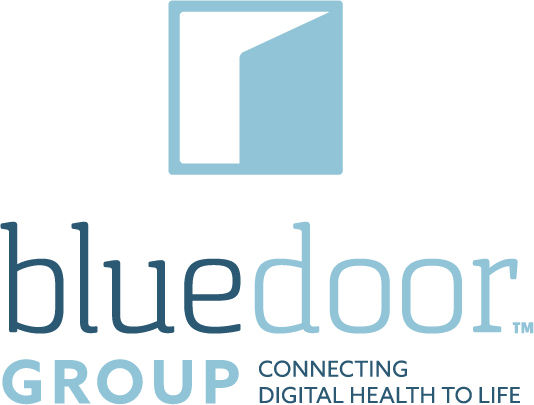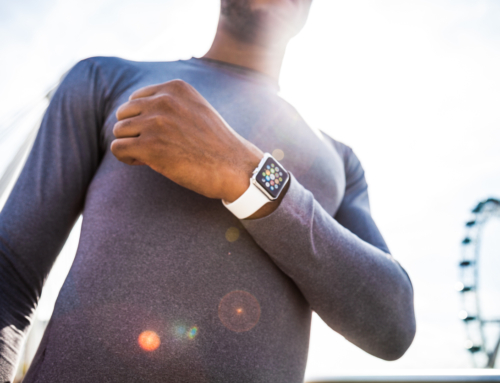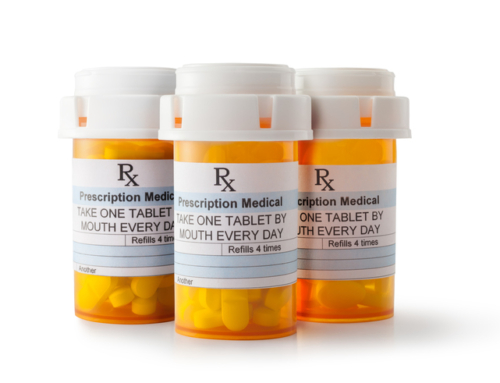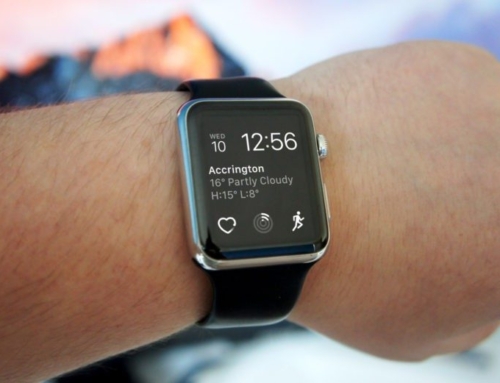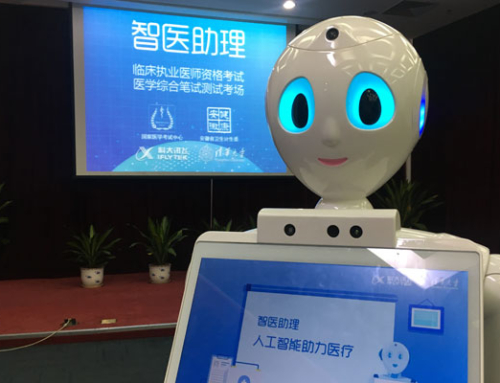By Rachel Z. Arndt | Nov 7, 2017
The Scripps Translational Science Institute will be using Fitbit devices for part of the All of Us research program, a National Institutes of Health project through which researchers are looking into how individual characteristics can affect health and disease treatment.
For a study on individual health indicators and the use of wearables in the All of Us program, Scripps will give 10,000 volunteers Fitbit devices—either the Charge 2 or Alta HR—to wear for a year, during which the devices will collect data on health metrics such as sleep and heart rate. When the study ends, researchers will recommend how they can further use wearables in the All of Us program, which President Barack Obama established in 2015.
“All of Us is designed to completely change the way we think about health and treatment and make it much more individualized,” said Dr. Steven Steinhubl, a cardiologist and director of digital medicine at the Scripps Translational Science Institute. “A key part of that is understanding physiologic changes” like those captured by Fitbits.
For the first part of the project, researchers will study how wearables can be used for population health at scale, said Adam Pellegrini, general manager of Fitbit Health Solutions. “We can provide insights that have never been given before,” he said, pointing to how engaged Fitbit users are: There are 11 million members in the company’s health social network that launched last March.
Though Pellegrini said this is the largest study of its kind, it’s by no means the first to use Fitbits. In fact, 95% of all NIH studies that include wearables use Fitbits, he said, amounting to 440 published studies that have relied on the devices.
“We are here to support research,” he said. “It’s part of our core healthcare strategy.”
Unlike other research studies, the data in this study will flow in two directions: from subjects’ devices to researchers and from subjects’ devices to the subjects themselves.
“We want to better inform them about their health,” Steinhubl said. “We want to make sure that we’re giving users information they find valuable.”
Researchers will also use the data exchange to glean if there’s other information that volunteers aren’t yet getting but would like to receive, Steinhubl said.
Fitbit’s healthcare strategy also includes working with health plans and health systems for remote monitoring and working with employers for corporate wellness. Though more and more providers now have access to data from Fitbits and other wearables, there are still questions about what to do with them and how to incorporate them into clinical practice—or into electronic health records. One of the features that Pellegrini touted—the ability to gather data constantly at all hours—could be a barrier to clinician use, as that much data could overwhelm providers.
But that much data will be a boon to the All of Us program, Pellegrini said.
“What could be yielded are insights that help personalize medicine and help scientists in the future find new cures, because every single one of us is different.”
